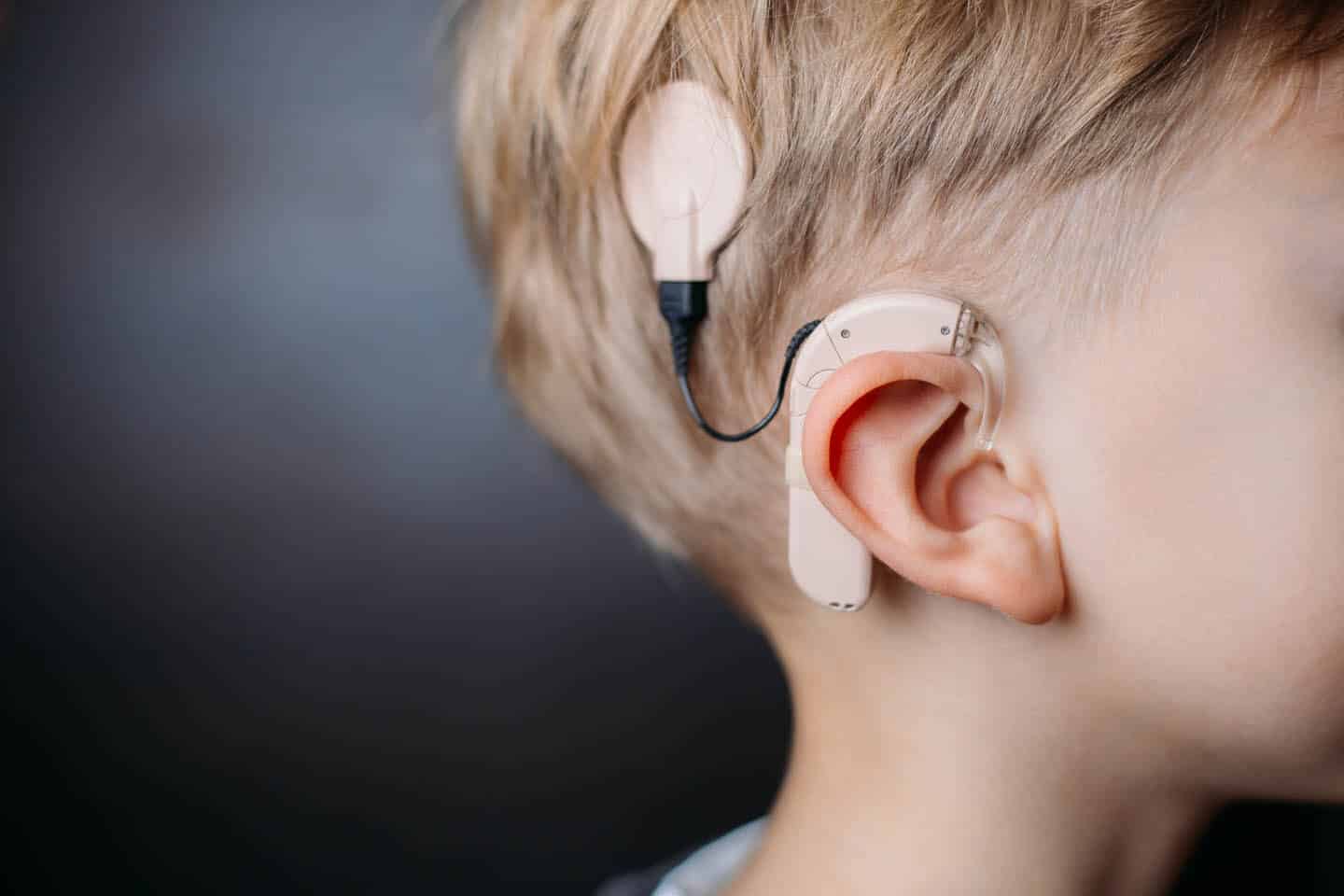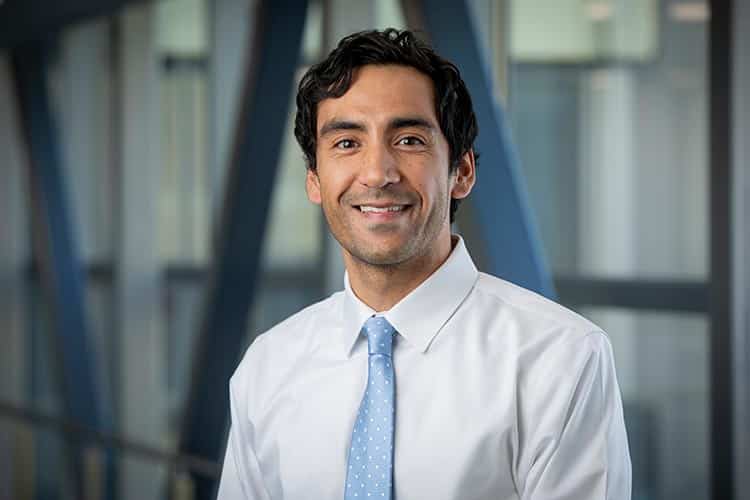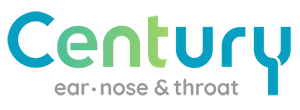TREATMENT
Hearing Aids
TREATMENT
Hearing Aids
How will you know if you need Hearing Aids?
The Audiology team works jointly with ear physicians to evaluate and treat adults and children with hearing disorders. Hearing loss that cannot be remediated with medicine or surgery is referred to Audiology for amplification and rehabilitation. Optimizing hearing is important. Untreated hearing loss is shown to be associated with adverse effects including social isolation, anxiety, depression, and cognitive decline. An Audiologists provides an array of services:
• Comprehensive hearing testing
• Fitting and dispensing of innovative hearing aid technology
• Cochlear Implants
• Baha (bone-anchored hearing aids)
• Tinnitus (ringing in the ears) management via hearing aid technology
• Musician ear protection and noise protection
Types of Hearing Loss
It is important to understand there are three different types of hearing loss.
Sensorineural hearing loss
Sensorineural hearing loss is a hearing loss caused by a problem of the inner ear, specifically with the cochlea’s ability to activate the hearing nerve. This is often treated by wearing hearing aids.
Conductive hearing loss
Conductive hearing loss is a type of hearing loss often due to an anatomic or structural dysfunction of the outer ear and/or middle ear. This may be due to a problem with the ear canal, eardrum, or hearing bones. Potential causes include cerumen impaction, large eardrum perforations, or chronic infections involving the middle ear space and hearing bones.
Oftentimes, these problems may be amenable to surgery to fix the underlying problem. It is important to schedule a visit with an Otolaryngologist to discuss these options.
However, if surgical correction of the underlying problem is not possible, there are other options to treat conductive hearing loss.
Mixed hearing loss
Mixed hearing loss is a combination of conductive and sensorineural hearing loss. Patients with mixed hearing loss will typically experience difficulties within the middle and inner ear, simultaneously. Like conductive hearing loss, an otolaryngologist must be seen to discuss treatment options for middle ear symptoms. Once stable, treatment of residual hearing loss via amplification devices, such as hearing aids or bone anchored hearing aids are discussed with the audiologist.
Cochlear Implants

Century ENT is committed to treating all types and severities of hearing loss. Hearing loss is often multifactorial, meaning there are many factors that contribute to its development, including one’s age, history of loud noise exposure, and genetics.
Sensorineural hearing loss is often initially treated with hearing aids, which amplify speech, reduce background noise, and improve clarity of others. However, if hearing aids are no longer providing adequate benefits and there are significant issues with understanding the clarity of speech, one may be a candidate for a cochlear implant.
Bone Anchored Hearing Aids
BAHA (Osseo-Integrated) implants are surgically placed devices designed to transfer sound from the outside world and stimulate the cochlea directly. This will result in the resolution of conductive hearing loss and return sound to normal neural levels. This is performed as quick outpatient surgery and with very moderate recovery time
Hearing Protection and Musician’s Earplugs
While some people can be exposed to loud sounds for many years without any ill effects, others may suffer long-term harm from one incident. However, repeated exposure can be very damaging, and patients should make every effort to minimize this. It is possible to stop the progression of hearing loss even if there is damage to the auditory system.
While foam earplugs are better than not utilizing any form of hearing protection, they are not always a sealed and secure fit in a patient’s ear. Custom hearing protection and Musicians’ earplugs reduce the intensity while preserving the soundscape. Talk with your audiologist to learn what style of hearing protection and/or musician earplug would be suitable for you.
Schedule an
Appointment

Dr. Jeffrey Singh
Otology/Neurology
Call for an Appointment
(708) 765-3277
